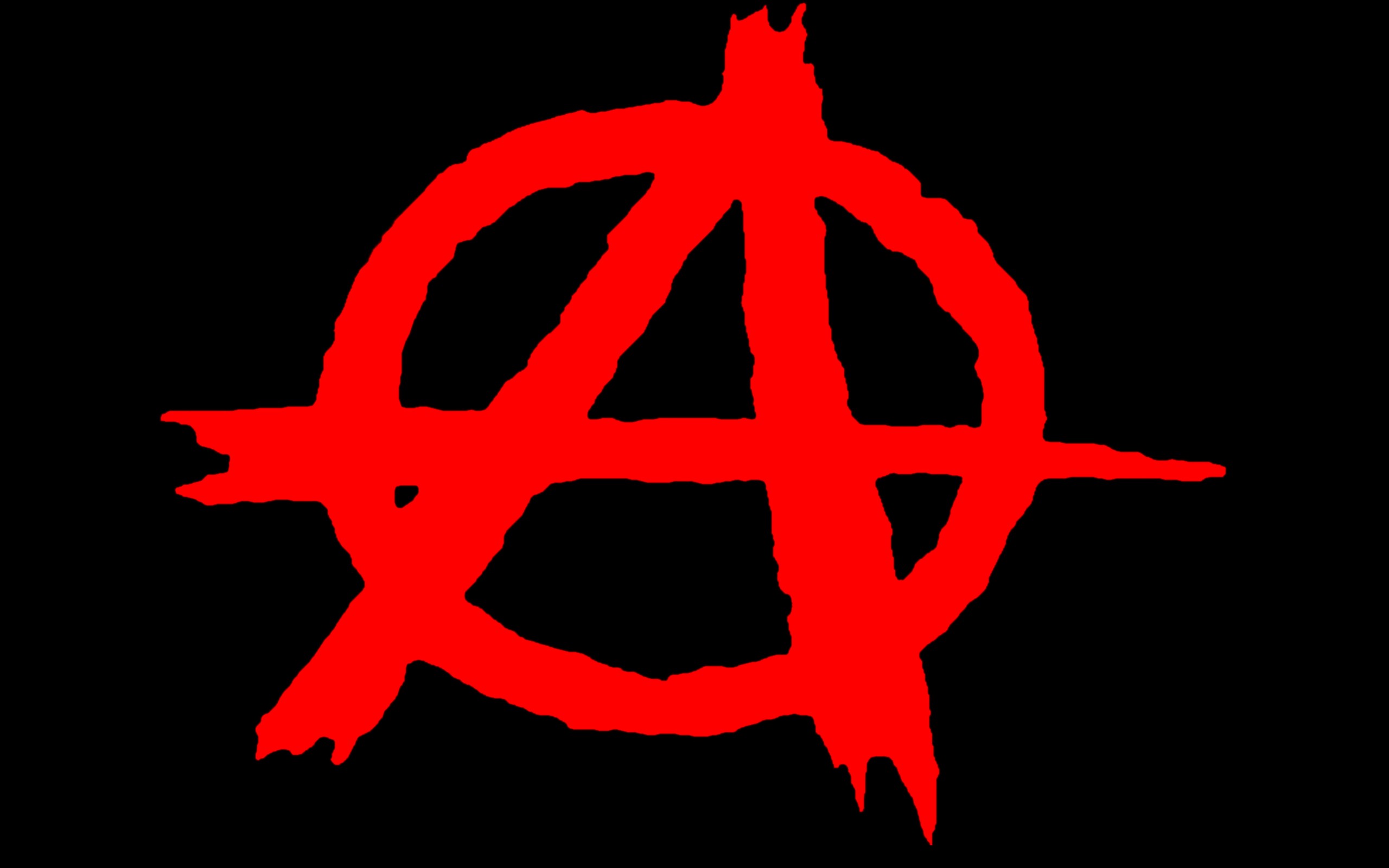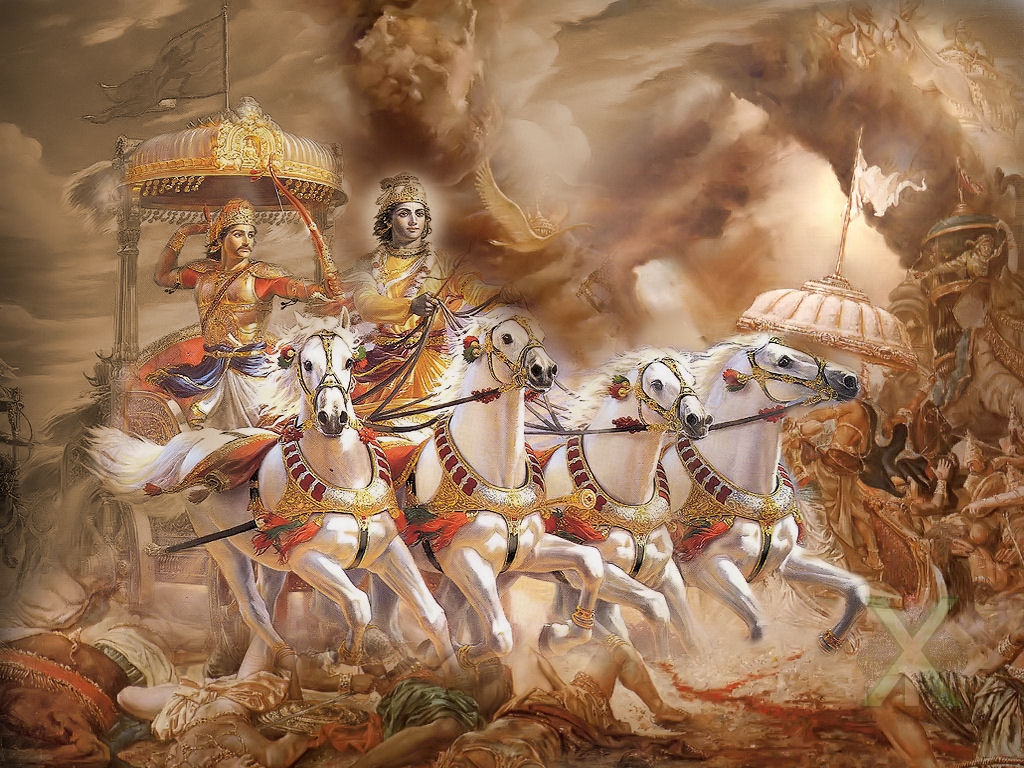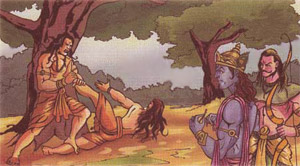Anarchism is a system of belief in political philosophy according to which State is evil and undesirable, and must therefore be abolished. It is true that anarchism and anarchists find their number one enemy in State, but it would be fallacious to consider anarchism to be an anti-State social philosophy that supports chaos and disorder and whose only objective is the abolition of the State.
Anarchists believe that coercion of any kind is undesirable and the society and its institutions should not be built or run with force or the threat of force backing them. Pierre-Joseph Proudhon, who is widely regarded as the first self-proclaimed anarchist, describes anarchy as ‘the absence of a master, of a sovereign’. Therefore, freedom to do as one chooses to is at the heart of anarchy. If such a freedom is granted to everyone, there would no freedom at all because in exercise of his or her unbridled freedom every individual would start trampling upon the freedom of others and chaos would naturally follow. Therefore, limits on freedom are necessary, and the anarchists are alive to the necessity. They are not against the limitations, but against the limitations being imposed by an authority. And it is not only the State that they are against; they are against all authority. L. Susan Brown, a prominent anarchist explains:
While the popular understanding of anarchism is of a violent, anti-State movement, anarchism is a much more subtle and nuanced tradition than a simple opposition to Government power. Anarchists oppose the idea that power and domination are necessary for society, and instead advocate more co-operative, anti-hierarchical forms of social, political and economic organisation. [ The Politics of Individualism , p. 106]
Therefore, the core belief of the anarchists is that the ‘power and domination’ are unnecessary and it is not only possible but also desirable to found a society solely on mutual cooperation. The underlying assumption is that all differences and conflict of interests are resolvable without the intervention of authority and without threat of coercion. Since State is the embodiment of supreme authority and is the reservoir of legitimate coercion, it becomes anarchists’ bete noire . However, anarchists argue that the absence of State must not be likened with absence of order, as they are not the same thing. Errico Malatesta puts it this way:
Since it was thought that Government was necessary and that without Government there could only be disorder and confusion, it was natural and logical that anarchy, which means absence of Government, should sound like absence of order. [ Anarchy , p. 16]
 Governments and State come into being for a very specific purpose and if the Government is a solution to something, the problem has to disappear for good before the solution loses its relevance and disappears automatically. State, Government and coercive force was required to maintain order and prevent encroachment of rights and liberties. The anarchists’ belief that legitimate coercion is not required and is wholly unnecessary is fundamentally a presumption. It would be incorrect to say that all anarchists share a uniform view. There is considerable disagreement among them. However, despite all disagreements, anarchism remains stoutly against all authority. David Weick puts it this way:
Governments and State come into being for a very specific purpose and if the Government is a solution to something, the problem has to disappear for good before the solution loses its relevance and disappears automatically. State, Government and coercive force was required to maintain order and prevent encroachment of rights and liberties. The anarchists’ belief that legitimate coercion is not required and is wholly unnecessary is fundamentally a presumption. It would be incorrect to say that all anarchists share a uniform view. There is considerable disagreement among them. However, despite all disagreements, anarchism remains stoutly against all authority. David Weick puts it this way:
Anarchism can be understood as the generic social and political idea that expresses negation of all power, sovereignty, domination, and hierarchical division, and a will to their dissolution. . . Anarchism is therefore more than anti-statism . . . [even if] Government (the State) . . . is, appropriately, the central focus of anarchist critique. [ Reinventing Anarchy , p. 139]
So, there is no dispute regarding anarchism’s being anti-State but it is not just about abolishing State but about the abolition of all authority and dominance. And this is where it seems to take a moral position. It appears that anarchist philosophy is trying to suggest that since human beings are created equal, they must be allowed to be free of all domination. And since domination of man by man is implicit in all hierarchies, it is the hierarchies of all kind that need to be dissolved. This is amply clear in the following statement by Bakunin:
Do you want to make it impossible for anyone to oppress his fellow-man? Then make sure that no one shall possess power. [ The Political Philosophy of Bakunin , p. 271]
So, anarchists are not trying to put together a perfect social machinery or the most effective way of setting up a society or a mechanism that would ensure happiness for all. Their primary objective is to get rid of all forms of coercion and authority on largely moral grounds. To anarchists no man must have the right to direct another man and whatever is to be accomplished has to be accomplished by voluntary cooperation.
Anarchists believe that private ownership of property must also be abolished because it takes from many and gives to the few. Therefore, means of production must be commonly controlled. How exactly this has to be done is not very clearly defined by the anarchists. Explaining anarchism Scottish anarchist Stuart Christie says:
Anarchism is a movement for human freedom. It is concrete, democratic and egalitarian . . . Anarchism began – and remains – a direct challenge by the underprivileged to their oppression and exploitation. It opposes both the insidious growth of State power and the pernicious ethos of possessive individualism, which, together or separately, ultimately serve only the interests of the few at the expense of the rest.
“Anarchism is both a theory and practice of life. Philosophically, it aims for the maximum accord between the individual, society and nature. Practically, it aims for us to organise and live our lives in such a way as to make politicians, Governments, States and their officials superfluous. In an anarchist society, mutually respectful sovereign individuals would be organised in non-coercive relationships within naturally defined communities in which the means of production and distribution are held in common. [ My Granny made me an Anarchist , pp. 162-3]
Anarchism abhors all authority and all forms of hierarchies and seeks to build a society on the basis of mutual cooperation obtained without coercion. Since it is against all hierarchies, it also has no patience for the leaders. Without leaders, without organizers and without anyone to direct and strategize how exactly would society grow and evolve is the question that still remains to be satisfactorily answered by the anarchists. If the State has to vanish, is there another mechanism that the anarchists propose to replace the State? And if the functions of the State are so irrelevant as to warrant a substitution, why has the State not withered so far on account of redundancy?
Originally published as part of Thinkers and Theory series in Lawyers Update in April 2010





